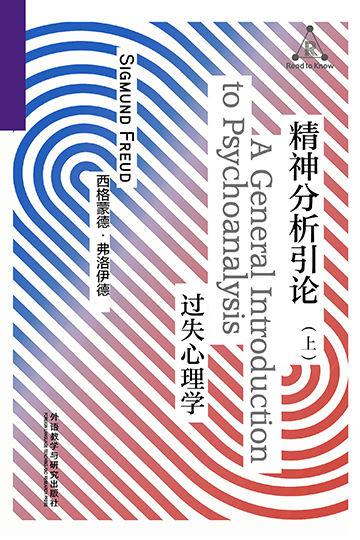没有口误这回事;所有的口误都是潜意识的真识的流露。
《精神分析引论(上)》是弗洛伊德的重要代表作《精神分析引论》的第一部分“过失心理学”。针对一般正常人在日常生活中的失误动作来分析表面行为下的深层含意,这可视作是某种预兆或讯号。书中着重用精神分析方法研究日常生活中的错失,提出不仅神经病患者,正常人的日常行为中也可能因潜意识的内部斗争而改变思想行为。本书对精神分析理论进行了全面且系统的概括性论述,是精神分析学说最重要的著作之一。
This is the first part of Freud's A General Introduction to Psychoanalysis, "The Psychology of Errors".
- 译者序
- 第一讲 引言
- 第二讲 过失心理学
- 第三讲 过失心理学(续)
- 第四讲 过失心理学(完)
- Preface
- First lecture Introduction
- Second Lecture The Psychology of Errors
- Third Lecture The Psychology of Errors—(Continued)
- Fourth Lecture The Psychology of Errors—(Conclusion)
- 书评 写书评
- 笔记
-
书评加载中...














 京公网安备 11010802032529号
京公网安备 11010802032529号
笔记加载中...